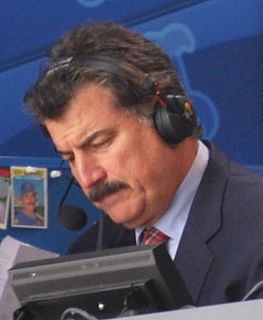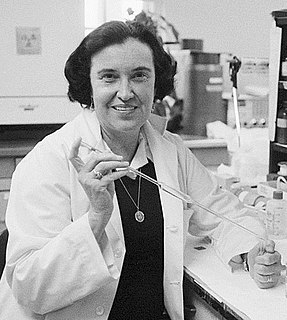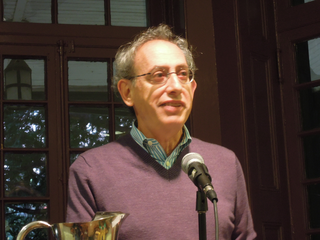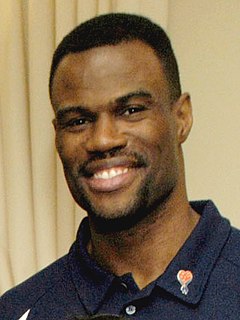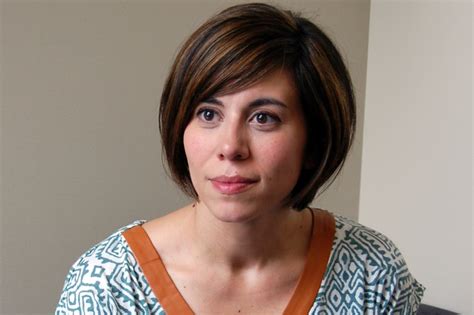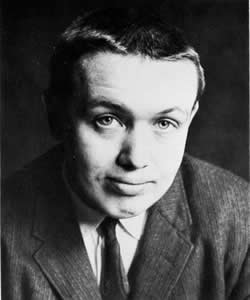A Quote by Keith Hernandez
When I was little, my older brother, Gary, was forced to read a book a week in fourth grade. The books he liked he threw on my bed when he was finished with them. This continued throughout my childhood and made me a reader for life.
Related Quotes
I remember my fourth grade teacher reading 'Charlotte's Web' and 'Stuart Little' to us - both, of course, by E. B. White. His stories were genuinely funny, thought provoking and full of irony and charm. He didn't condescend to his readers, which was why I liked his books, and why I wasn't a big reader of other children's' books.
It takes me about a week and a half to read the typical book. I don't know how many ten-day spans I have left. Eventually the unread books on my shelves will have to be abandoned, or they will join me on the pyre. The book I'm about to purchase may be among them. We all buy books we won't live to read.
In my couple of books, including Going Clear, the book about Scientology, I thought it seemed appropriate at the end of the book to help the reader frame things. Because we've gone through the history, and there's likely conflictual feelings in the reader's mind. The reader may not agree with me, but I don't try to influence the reader's judgment. I know everybody who picks this book up already has a decided opinion. But my goal is to open the reader's mind a little bit to alternative narratives.
Often, when people ask me what I read as a young girl, I lie. Or, I should say, I lie by omission. I tell them about my brilliant fourth-grade teacher, Miss Artis, who assigned us 'Johnny Tremain' and 'Where the Red Fern Grows' and 'Tuck Everlasting,' all books that made an impression on me. And people nod in approval.
He held the book up to his nose. It smelled like Old Spice talcum powder. Books that smelled that way were usually fun to read. He threw the book onto his bed and went to his suitcase. After rummaging about for awhile, he came up with a long, narrow box of chocolate-covered mints. He loved to eat candy while he read, and lots of his favorite books at home had brown smudges on the corners of the pages.
As a historically voracious reader - pre-baby, I averaged a book every week or two, and when I was a kid, I'd routinely read a book a day - I never understood how some people could not read. When I heard people say they didn't have time to read, in my head, I simultaneously pitied and ridiculed them: there was always time to read.
The book is finished by the reader. A good novel should invite the reader in and let the reader participate in the creative experience and bring their own life experiences to it, interpret with their own individual life experiences. Every reader gets something different from a book and every reader, in a sense, completes it in a different way.
